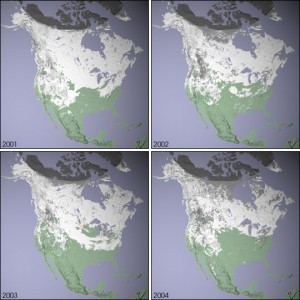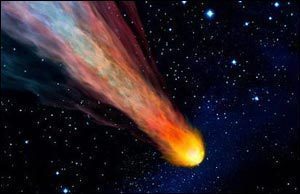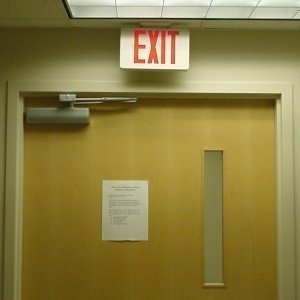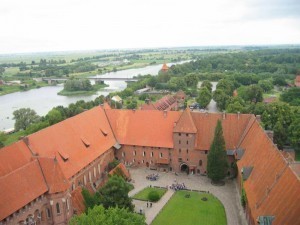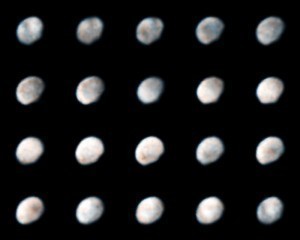Smallest Asteroid
The smallest asteroid that has been observed outside the Earth’s atmosphere is 1991 BA. It is approximately 5 to 10 meters in diameter. That is about 15 to 30 ft. However, asteroids can be as small as a pebble. The object is sometimes known as a planetoid.
General Information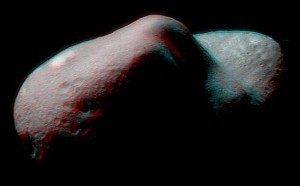
The planetoid is a celestial object that spins around the Sun. In this way, it is similar to the planets in the Solar System. Most of them are quite small. A few however, extend for hundreds of kilometers across. Since 1801, astronomers have discovered thousands of planetoids. Hundreds more are being discovered almost yearly.
The word asteroid is taken from the Greek asteroids (”like a star”). These objects have unusual shapes. They are composed of various materials, most common being carbonaceous and metallic minerals. Even the smallest asteroid is most likely made up of these materials.
Meteoroids
When an asteroid hits the atmosphere of the Earth, it is called a meteoroid or meteor. The light seen with a meteor is due to the vaporization that occurs when foreign objects strikes the atmosphere. Many foreign objects that enter the planet are also termed meteoroids.
Origin and the Asteroid Belt
Planetoid sizes vary, but their origin is the same. These objects were created around the same time the Solar System was taking form. Most of them were created around the same time as the planets.
Many of these objects are now in the Asteroid Belt between Jupiter and Mars.
There is a theory that Jupiter’s gravitational pull helped in the creation of these objects. If Jupiter’s gravity had not affected them, the objects may have pulled together to form a planet. Inside the Belt, the objects orbit in clusters. These groups are named after the biggest one in the pack.
Orbit
Some planetoids can be found throughout the Solar System. Planetoids have specific orbits. The orbital tendencies of each object haven’t been fully determined, but all are specific. This is true for even the smallest asteroid. This is unlike comets, whose orbits are highly irregular.
Hitting the Earth
Asteroids can hit the Earth. Small ones leave very little or no impact at all. Some are so small to be barely noticeable when they hit the ground. But larger planetoids do hit the planet.
Many scientists believe that one of these objects may have led to the mass extinction of the dinosaurs. In fact, these large objects may have been responsible for shaping the geological features of the planet.
